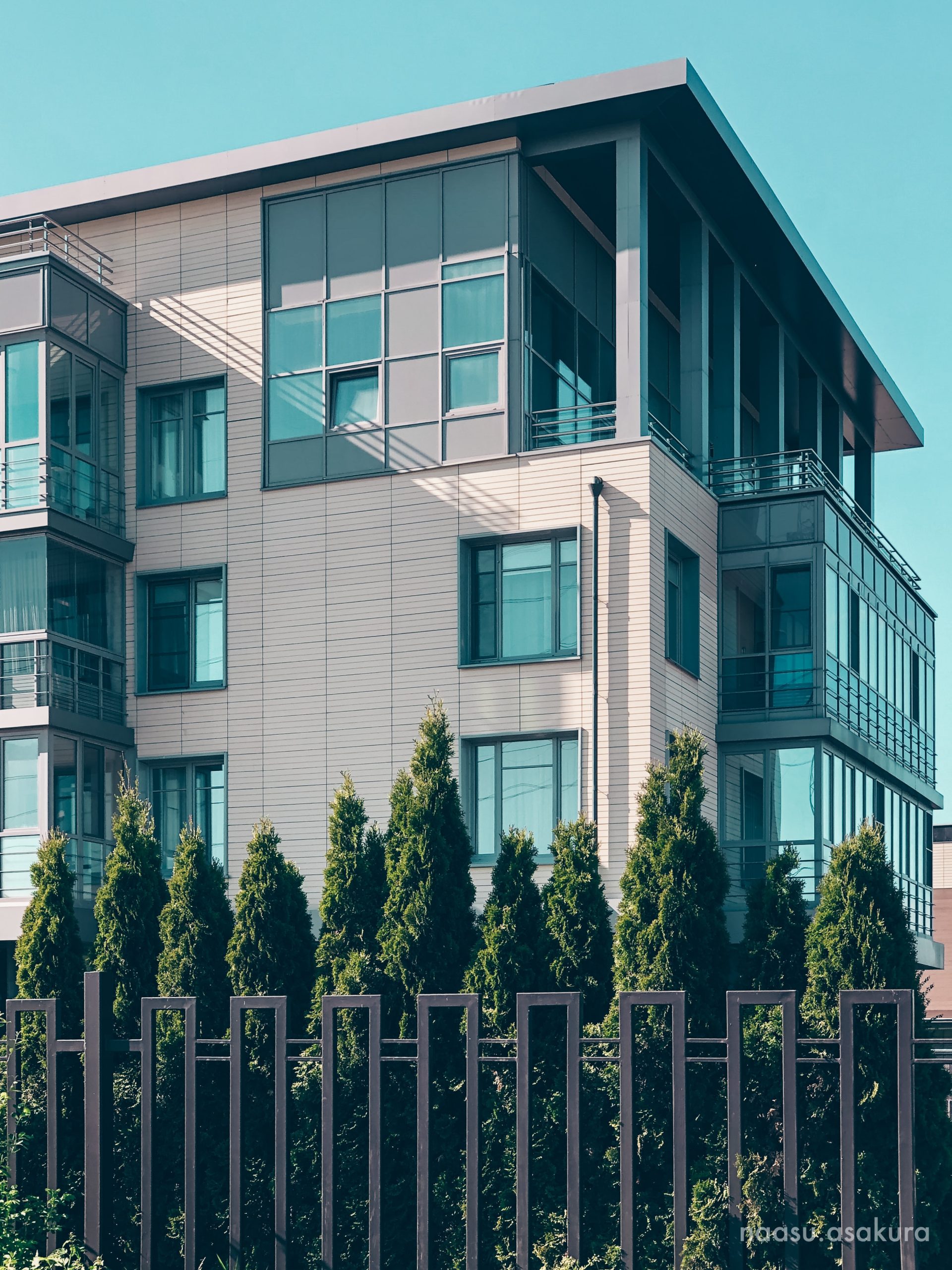Buying a condo? Not sure what type of coverage you need?
One of the main differences between homeowners and condo insurance is how much the policy needs to protect. When you own a home, you’re responsible for both the inside and outside — including the yard and any other structures on the property. However, when you own a condo, you’re typically only responsible for the interior of your unit and your personal property.
While condo and homeowners insurance both offer similar coverages, there are differences — just as there are differences between the two types of homes.
CONDO INSURANCE
Your individual condo insurance policy helps to protect your personal unit — helping to pay for damages to your home and personal belongings
Typically, you’ll only need to purchase insurance for your own personal condo unit, and HOA will take care of the master policy for the building and shared spaces. (Keep in mind that your association dues pay for the insurance as well as other routine costs, such as maintenance.) It is a good idea, however, to understand what the association’s policy covers and to be sure your insurance policy will help pay for necessary repairs to your home after a covered incident.
LOSS ASSESSMENT COVERAGE
An important coverage condo owners should add to their policy is loss assessment coverage. This coverage helps protect against having to pay out of pocket for a special assessment the association issues for expenses related to an insurance claim. If the association’s coverage limit, which is the maximum amount the insurer will pay toward a covered claim, isn’t high enough to pay for the full cost of repairs, it might issue a special assessment to each condo owner to cover the remaining amount owed on the bill. If you have loss assessment coverage and receive an unexpected assessment from your association, you can file a claim to help cover the costs. One of the most common loss assessment claims is when a building HOA pays for a new roof due to hail damage, etc.
DWELLING COVERAGE
Dwelling coverage is a feature of homeowners insurance that helps to pay to repair or rebuild the physical structure of a house and attached structures if they are damaged by a covered peril. Standard dwelling insurance helps cover damage from hazards such as fire, hail, theft, etc.
With condo insurance, however, you’ll typically only need enough coverage to repair or rebuild the interior of your unit. Repairs to the outside of the building, exterior walls, hallways, elevators, etc., would be the condo association’s responsibility.
LIABILITY COVERAGE
If someone is injured while visiting your condo, liability coverage may help cover the related legal and medical costs if you’re found responsible for the accident. This coverage can also help if you’re found liable for accidentally damaging someone else’s property. As a condo owner you typically don’t need liability protection for claims involving common areas. For example, if a visitor slips on the building’s front stairs and breaks an ankle, your association’s insurance will typically kick in.
The biggest difference between condo and homeowners liability coverage is that a homeowner needs coverage for their entire property. For example, a single-family home with a garage and shed may require more liability coverage than a similarly sized condo, because the condo owner only has to cover their unit — not the land or any additional structures.
PERSONAL PROPERTY COVERAGE
Whether you own a condo or a single-family home, it’s likely filled with the stuff you own — from furniture to clothing. Personal property coverage protects your belongings and will help pay to repair or replace them after a covered loss. While personal property coverage is essentially the same for homeowners and condo owners, it is important that condo owners keep in mind that the condo association master policy’s coverage will not usually extend to your belongings. With both homeowners and condo insurance, you’ll need to make sure you have enough coverage to protect the value of your personal belongings. Check out this post for tips on estimating your personal property value.
Questions? Feel free to reach out to me to review your coverage.





